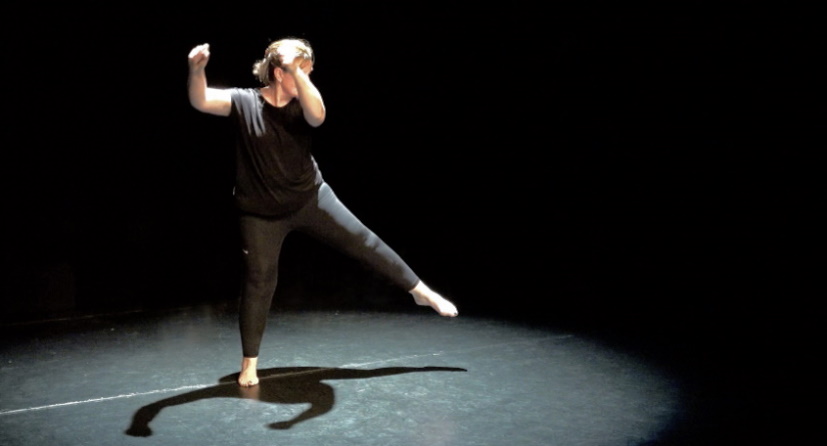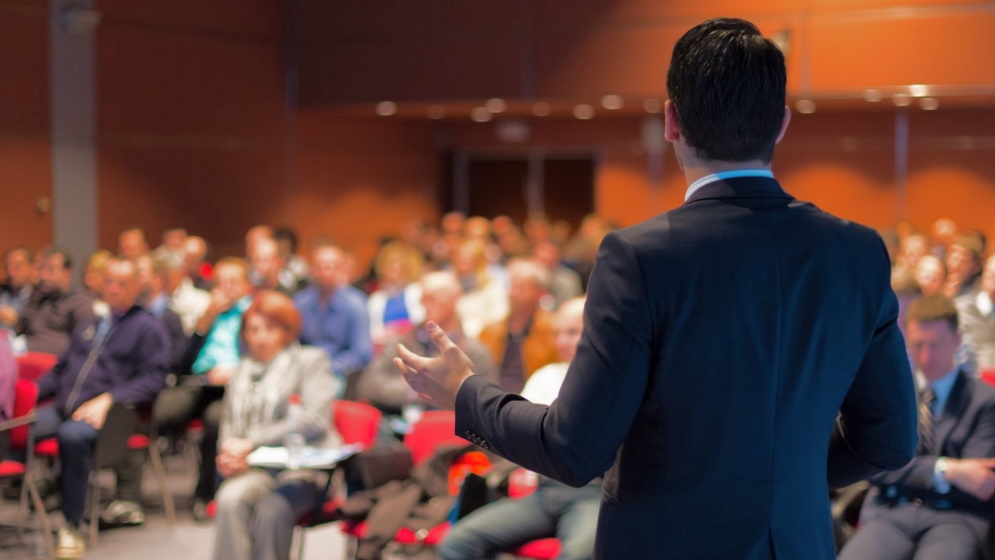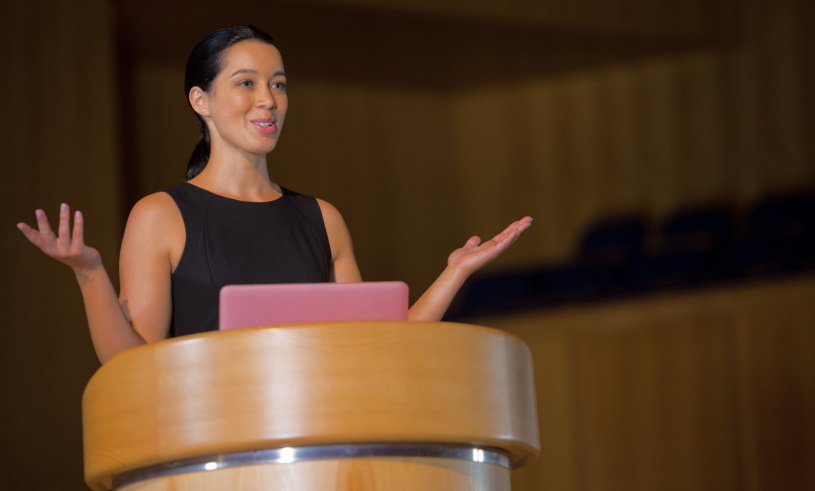As performers, there is often an unspoken language between us and our audience that requires no words. The subtle nuances of the body speak basic truths just as marvelously as any carefully chosen phrase could; they can sometimes be even more powerful. Body language has always been a critical element in performing on stage—it plays an essential role in conveying emotion and epiphany to onlookers. As actors, dancers, singers, or musicians, understanding and harnessing the power of body language can help your performance, have a greater impact and reach a larger portion of your audience. In this blog post, we’ll look at different types of body movement you can use while you are on stage in order to give yourself an edge over other performers – from framing yourself within props to interpreting character emotion through facial expressions – so click read more below!
Commanding attention with powerful body language on stage
The key is to remember that body language must always complement your words; if not, it can backfire and make it difficult for your audience to focus on what you’re saying. To ensure that your body language effectively supports your words, practice in front of a mirror or with an experienced friend who can give honest feedback about how well you’re communicating.

Once you feel comfortable with the nonverbal cues supporting your words, focus on specific movements and gestures that will help engage your audience. For example, stand tall when you speak with your shoulders pulled back. This will give you the posture of confidence and authority that your audience will recognize. Make sure your movements are purposeful and clear, emphasizing what you’re saying rather than distracting from it. Consider using hand gestures to add emphasis to certain points or illustrate a concept — this can help make it easier for your listeners to understand and retain the information.
Finally, don’t forget about eye contact! Looking someone in the eye is one of the most powerful ways of connecting with an audience member on a personal level and is key for establishing trust and rapport. When speaking, try to look each person in the audience directly in their eyes as you address them – not only will this reinforce your connection with each listener and make them feel appreciated and respected.
By leveraging body language, you can become a more effective public speaker and ensure your audience engages with your message. Just remember to practice in front of a mirror or with a friend who can give honest feedback, and keep focused on making meaningful movements that support what you’re saying – not distracting from it. Then, with the right combination of words and nonverbal cues, you can truly command attention when speaking on stage.

Master the art of nonverbal communication on stage with these powerful body language tips
- Hold your head high and maintain eye contact with the audience. Eye contact is key to connecting with an audience. It will help you build trust and create a bond of understanding between you and your listeners.
- Use gestures to add emotion to your words. Gestures can convey energy, excitement, or enthusiasm that can help powerfully emphasize a point or story. They are also great for giving life to abstract ideas or concepts and filling pauses in dialogue so that there’s not too much silence on stage.
- Move around confidently onstage and use different points of focus when speaking or performing so you don’t stay glued in one spot for too long. Again, as the master of the stage, you have the power to move around and engage your audience from different angles.
- Stand tall and straight with your back against the wall or a flat surface. This posture of confidence will help you project an image of strength and authority while also conveying a sense of calmness that can be comforting to the audience.
- Smile often but don’t overdo it, as this could give off a cheesy vibe or come across as fake enthusiasm. Smiling can be used to add subtle emotion, humor, or charm when appropriate and is one of the most powerful nonverbal cues available to use on stage.
- Finally, remember to breathe deeply throughout your performance to stay relaxed and focused on giving your best performance. Deep breaths will also help you control your pace and energy on stage, so you don’t come across as rushed or frazzled. With these tips in mind, you’ll be able to present with grace and confidence on any stage!


